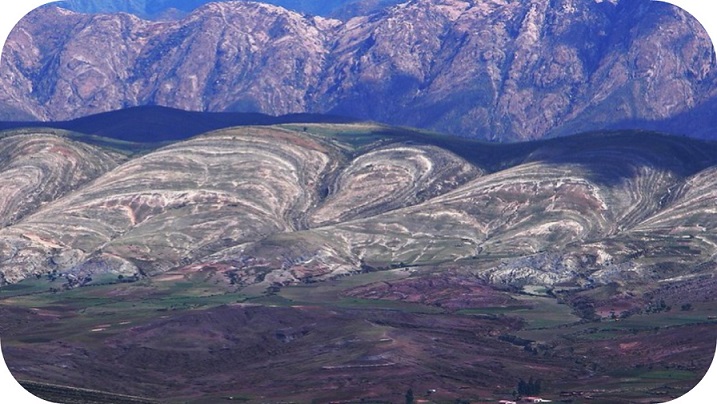The argumentative skills in the sequence of models in a geology activity

Downloads
- PDF (Español (España)) 769
- EPUB (Español (España)) 268
- VISOR (Español (España))
- MÓVIL (Español (España))
DOI
https://doi.org/10.25267/Rev_Eureka_ensen_divulg_cienc.2019.v16.i3.3105Info
Abstract
This article presents an analysis about how argumentative skills take part in the modelling process. To do this, a literature review about previous studies that analyse the interactions between both scientific practices was done, which establishes a framework to support the research objective: to examine how students' models evolve in the process of elaboration and evaluation of them through the argumentative skills. The study was carried out with students from the nine grade of high school studying Biology and Geology (16-17 years old), who had to explain scientifically how the O Courel syncline (Lugo, Spain) was formed. The results show that the argumentative skills with greater implication for the evolution of the models are counter-argumentation and, above all, refutation. To achieve this it is necessary that the design of modelling activities includes aspects that favor the performance of the two scientific practices together, such as providing data to evaluate the models and favor the criticism of the conclusions with an attempt to persuade.
Keywords
Downloads
How to Cite
License
Copyright (c) 2019 Los/as autores/as pueden mantener el copyright, concediendo a la revista el derecho de primera publicación. Alternativamente, las/os autoras/es puede transferir el copyright a la revista, la cual permitirá a las/os autoras/es el uso no-comercial del trabajo, incluyendo el derecho a colocarlo en un archivo de acceso libre. Además, se puede consultar Creative Commons sobre licencias de copyright flexibles.

This work is licensed under a Creative Commons Attribution-NonCommercial 4.0 International License.
Require authors to agree to Copyright Notice as part of the submission process. This allow the / o authors / is non-commercial use of the work, including the right to place it in an open access archive. In addition, Creative Commons is available on flexible copyright licenses (Creative Commons).

Reconocimiento-NoComercial
CC BY-NC





